Australian regulations for imported foods are inadequate and in need of reform, says a leading consumer organization.
Christopher Zinn, spokesperson for, the consumer organisation, CHOICE , believes that testing of imported products should be more thorough and country specific, rather than product specific.
“There needs to be a review of how sampling is done. Some countries have raised concern about high amount of chemicals in Chinese products and there should be more vigorous testing [for specific countries],” Mr Zinn told The Epoch Times.
The Australian Government requires that just five per cent of food imports undergo random testing, according to a regulation introduced in 2001.
This means that products are selected arbitrarily and sampled for an existing list of chemicals or pesticides, explains Lydia Bruchtman, media communications officer from the Food Safety Australia and New Zealand (FSANZ).
In September regulators around the world were forced to react to the Chinese dairy scandal, after industrial chemical melamine was found in Sanlu baby formula and then popular food brands like Mars, Snickers, Kraft, and Nestle. The baby food contamination in China has left four infants dead across the country and at least 50,000 hospitalized with serious kidney complications.
The practice of adding melamine—a chemical commonly used to make glue—now appears to be systemic across the dairy industry in China. Melamine was added to boost protein content in either watered down or poor quality milk products.
In Australia three products have tested positive to melamine—White Rabbit candy, Lotte Koala biscuits and Kirin milk tea. However, no compulsory recalls have been ordered by FSANZ as yet.
More Systematic Testing
Mr. Zinn says that the melamine fiasco highlights the need for more systematic testing for chemicals and pesticides of all foods imported and produced locally.
“I was horrified because of the terrible effect [melamine] had on infants and that it could go on for so long without being reported,” admits Mr. Zinn.
“We’d like to see the checking more centralized. There is a lack of transparency,” he said, while stressing that the regulations offer little public information.
The first cases of melamine contamination in Chinese products surfaced in 2006, when pet food, imported into the U.S. was found to contain the chemical.
While FSANZ stresses that they work closely with international authorities like the World Health Organization and other regulators, melamine was not added to the Australian list of mandatory testing.
“It did not occur to anyone that anyone would deliberately contaminate the food,” FSANZ’s Lydia Bruchtman told The Epoch Times, ”We did not think anyone would add an industrial chemical to the food supply.”
The Ministry of Consumer Affairs headed by Chris Bowen believes that responsibility for ensuring product safety still lies with the manufacturers or the importers. This means that there is no all-encompassing regulation to ensure systematic product testing.
Other Toxic Products
While the recent focus has been on food, other toxic products have also turned up in Australia. In 2007 the Australian Competition and Consumer Commission (ACCC) was responsible for overseeing the recalls of blankets manufactured in China after cancer-causing chemicals were detected in two brands.
Just two months later more Chinese imports came under fire, this time Mattel toys, which were found to contain dangerously high levels of lead.
At the time lead testing was not listed under the mandatory product safety standards, compiled by the ACCC. Instead it came under the “voluntary standards” listing determined by individual states or territories.
Following the public outcry the then-Howard government introduced a ban on products that contained more than 90 milligrams of lead per kilogram of product. Lead, however, still does not appear in the mandatory standards.
Furthermore, quality control checks in overseas factories are carried out under the supervision of local authorities and Australian regulators are unlikely to have an input.
“The ACCC is not going to be in the business of going to other countries and testing there. Really it’s a question of jurisdiction. They can advise, but they don’t have jurisdiction,” said James Cullen, spokesperson for the Minister of Consumer Affairs.
New Regulations
Mr. Cullen believes that although monitoring product safety in foreign nations is difficult, local regulations are improving.
The Consumer Affairs Minister has proposed a new federal legislation that will ensure more uniform product safety procedures.
“This is a significant break through in reforming consumer protection laws in Australia,” said Mr. Bowen in a press statement.
Currently there are eight laws across each state, which has caused delays in recall implementation and hence put consumers at risk.
Mr. Cullen cites the example of dangerous Bindeez beads last year, which were declared unsafe in NSW first after testing positive to a party drug Fantasy, that could cause seizures and death.
However, Victoria did not implement a ban until almost 48 hours later due to a public holiday break.
“Australian consumers expect swift action to be taken to remove dangerous products from the Australian community, as soon as possible and regardless of which state or territory those hazards are first identified in,” Mr. Bowen said.
The legislation has been approved by the Council of Australian Governments (COAG) and will be formally introduced on Oct. 20. It is planned to come into effect some time next year.
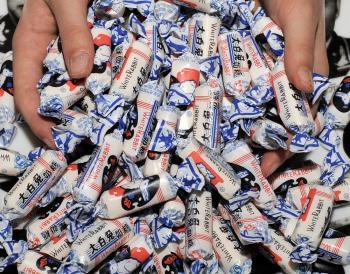
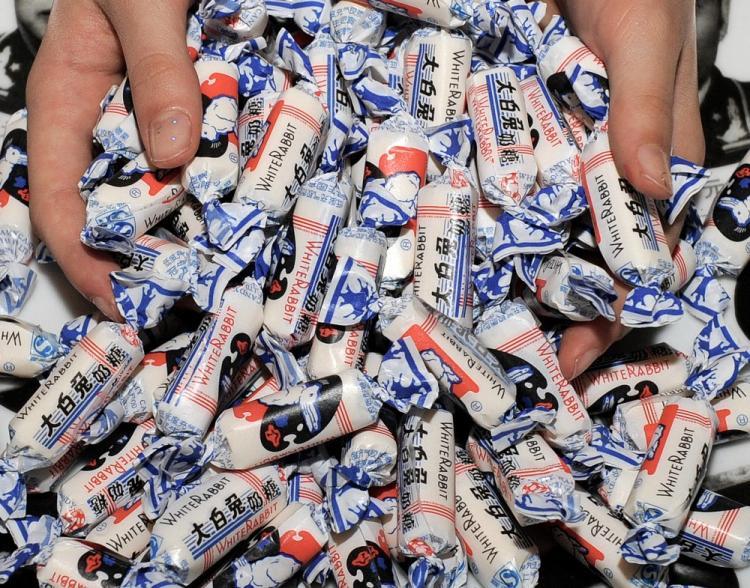
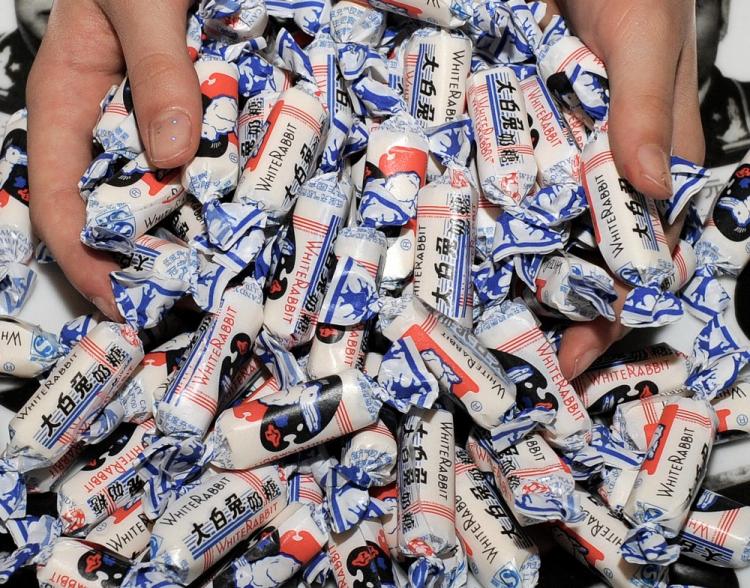
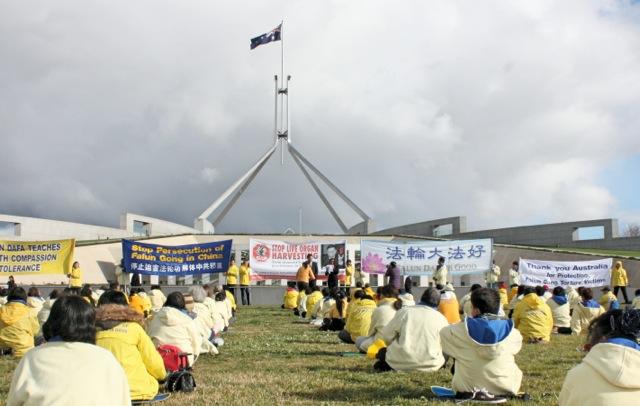

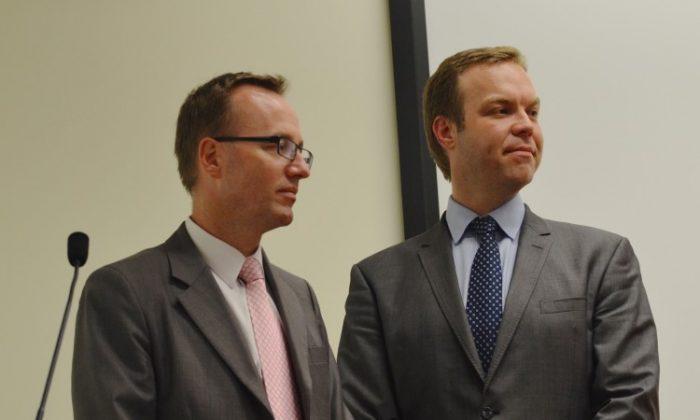
Friends Read Free